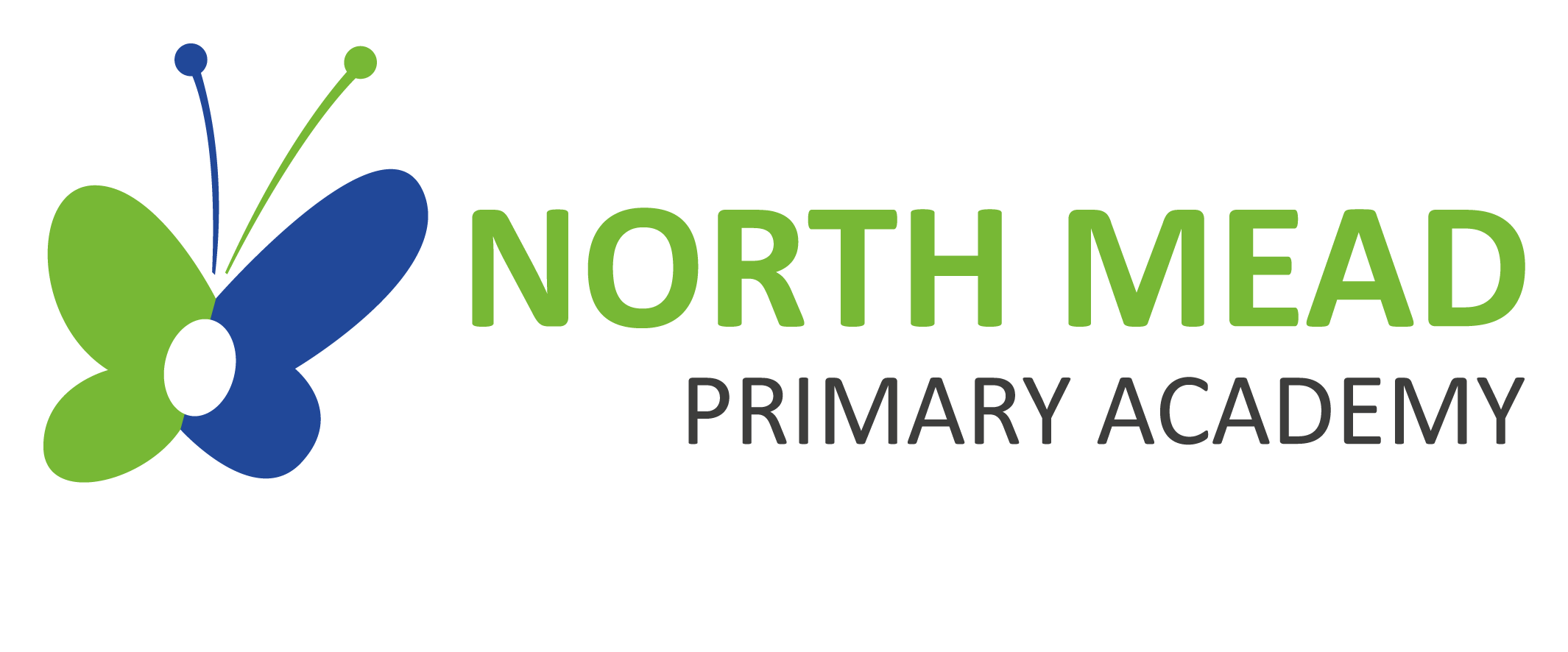Team Tactics are central to our children’s personal development. Each character represents a different quality of what it means to be a good learner. It helps our children with their attitudes towards learning, reflect on their work and become responsible citizens who are resilient and equipped for lifelong learning.
TEAM TACTICS
- Be Ready – “We are always punctual, organised and prepared.”
- Concentration: The act of focusing your attention. The art of not being distracted.
- Independence: Not relying on others to do things for you. Showing that you can learn to do things for yourself.
- Curiosity: A strong desire to know or learn something. Asking questions to learn more.
- Self-Efficacy: Believing that through your actions you can achieve.
- Be Respectful – “We listen to and value others.”
Friendship: Involves trust, generosity, sharing, empathy and more. Shouldn’t be treated lightly or traded away.
- Humility and Gratitude: Being modest and not showing off. Being thankful and showing appreciation.
- Kindness: Being generous, thoughtful, and friendly.
- Self-Esteem: Feeling good about yourself and others.
- Be responsible – “We look after each other and the environment.”
- Managing Impulsivity: Restraining yourself from doing something that may not be appropriate at the time.

- Involves self-control.
- Integrity: Being honest and telling the truth. Doing the ‘right thing.’
- Good Humour: Being in a good mood and trying to brighten other people’s mood.
- Empathy & Compassion: The ability to understand other people’s feelings and find the best way to help or comfort them when they need it.
- Show Reciprocity – “We exchange things to benefit all.”
- Imitation: Using something or someone as a model to learn from.
- Listening/Communicating: Listening politely and respecting other people’s ideas. Sharing your own ideas
- freely and clearly with others.
- Co–operation: The ability to work together. May involve compromise or self-sacrifice.
- Teamwork/Inclusiveness: Allowing others to join in and not limiting yourself to certain people
- Be reflective – “We think about our learning and our behaviour.”

- Questioning: Asking questions if you’re unsure. Asking questions to develop deeper understanding and asking why.
- Making Links: Thinking in depth and connecting ideas and skills together
- Problem Solving: Using a variety of strategies and resources to help you solve something difficult. May involve perseverance.
- Meta-cognition: Thinking about your own thinking and learning and being aware of what you are doing.
- Be resilient – “We never give up, even when it gets difficult.”
- Perseverance: Not giving up even when something is difficult, or you’d rather be doing something else.
- Revising/Improving: To make something better, in any way, than it already is.
- Confidence: Believing in yourself and your abilities. Not being shy of trying.
- Courage: The ability to face challenges, even if they are daunting. Appropriate risk-taking is trying things even if they may fail.


 Fr
Fr

 Together We Make A Positive Difference
Together We Make A Positive Difference